0 comments
Pollution of bodies of water is a serious challenge our world faces today. One culprit is the use of synthetic laundry and household detergents that can end up in waterways poisoning marine life. Residues of these cleaning products go through the drains and into the sewage pipes. Although most of these chemicals are broken down into harmless substances when they are treated in the municipal wastewater treatment plant, some are not sufficiently processed and may pose risks to our environment. Detergents Can Cause Algal Blooms Phosphates and sulphates are common chemicals used in laundry & household detergents and personal hygiene products that can end up in oceans, rivers and lakes. This results in what is known as eutrophication which means that certain chemicals enrich the water and stimulates the growth of algae. When algae die they deplete oxygen during decomposition. This results in lack of available oxygen for other marine animals causing asphyxiation. The increase in decomposing organisms in a water habitat further exacerbates the problem. Nearby communities are also adversely affected due to the unbearable smell it produces that is often described as akin to rotten eggs. In Australia, there are several bodies of water that are regularly monitored for algal blooms that result in the growth of cyanobacteria and other phytoplankton. Some species of cyanobacteria produce toxins and prolonged exposure can cause skin rashes, headaches, fever, diarrhea, nausea, vomiting and liver failure. People can come in contact with these toxins by drinking or bathing in contaminated water. A common species of cyanobacteria found in Australian water bodies is Anabaena circinalis, which can produce potent neurotoxins. These algal blooms pose a serious threat to the sustainability and the safety of water in many parts of the globe.
Detergents Can Contain Toxic Chemicals
Toxic Chemicals are common in detergents that are used to enhance their cleaning powers. These surface-active agents are composed of nonylphenol ethoxylates and octylphenol ethoxylates which all fall under alkylphenol ethoxylates (APE). When they are processed in water treatment plants, the nonylphenol ethoxylates and octylphenol ethoxylates are broken down into nonylphenol and octylphenol, which are toxic and do not easily biodegrade. APEs are also shown to mimic the hormone estrogen, which can interfere in the reproduction and survival of salmon and other fish. Some brands can also contain heavy metals such as zinc, cadmium and lead that are poisonous to aquatic animals.
Detergents Can Contaminate Drinking Water
Chemicals from detergents could be a source of drinking water contamination. This can be hazardous to human health. People can become ill with a range of symptoms such as skin irritation, sore throat, nausea, stomach cramps, and liver damage. This can even be fatal in some cases. Contaminated water is also not suitable for irrigating agricultural lands since some chemicals may be absorbed by crops and enter the food chain.
Using Eco-Friendly Products Helps Protect the Environment
We must protect our environment not only to ensure the health of all living creatures, but to guarantee the survival of future generations. Look for cleaning products that are natural and friendlier to the environment. Euca use natural ingredients that utilises the power of natural eucalyptus and citrus. It is effective in cleaning and sanitizing without compromising the wellbeing of your family and the environment. Euca limits the use of phosphates and only includes ones that are food grade and biodegradable. The percentage of phosphates used in Euca products are well below the limit set by Australian standards. Sodium sulphate or simply “salt” contained in Euca products are 35 times less than the leading brands. Excessive salt in soil kills plants and causes soil erosion. Euca is considered safe for the environment and is not harmful to plants and vegetation. So much so that when doing laundry with Euca detergents, the greywater can be safely recycled to water your garden without worry. If you want to learn more, check out www.eucaonline.com.au for more information. Disclaimer: - Euca does not make any claim that our products specifically eliminate the current worldwide pandemic problem, but our articles and blogs do outline the best process for the removal of germs through thorough cleaning as well as disinfecting. - Our Disinfectants and sanitiser have been independently tested to achieve the required elimination rate needed to be a superior product in the Australian market. Feel free to ask us for these reports.



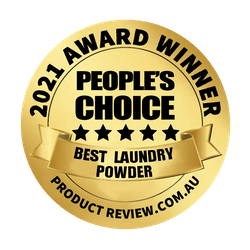

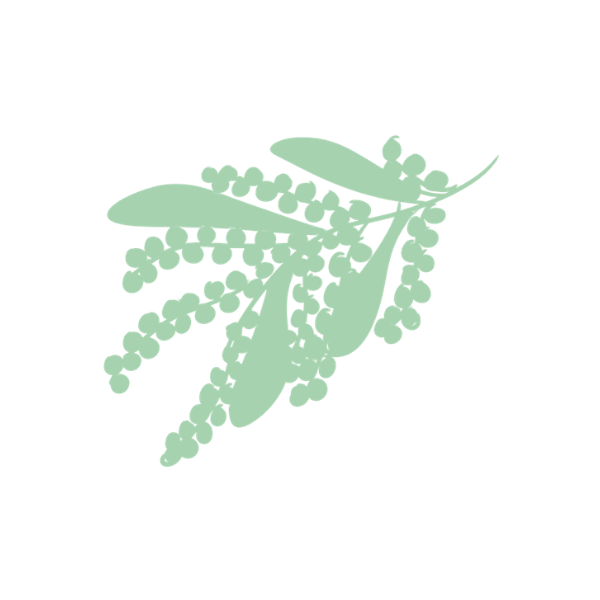

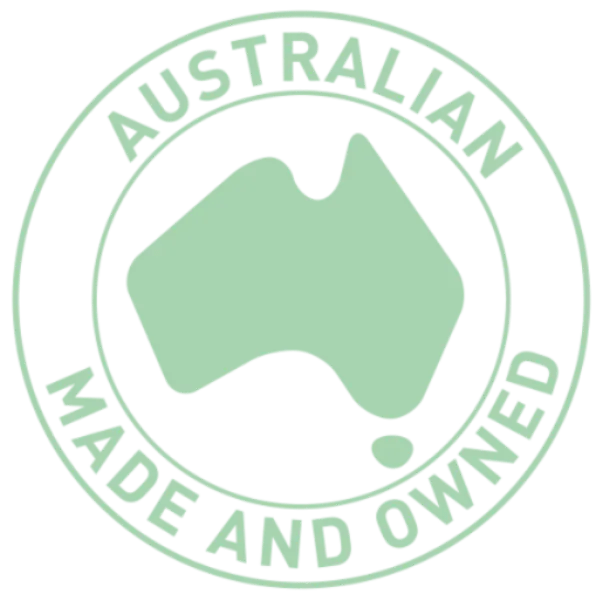

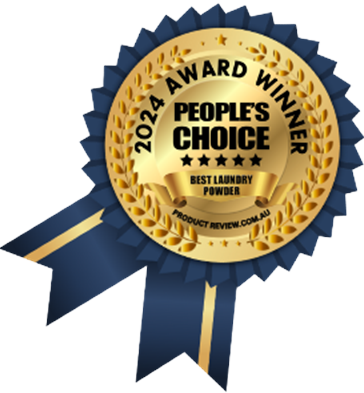


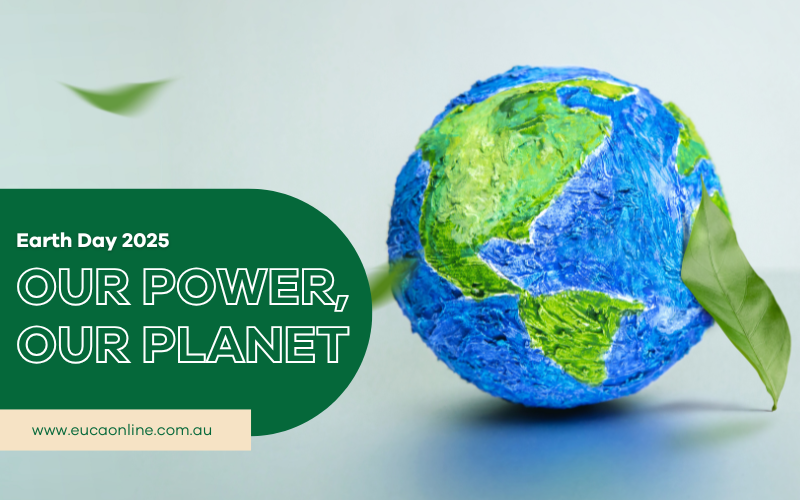

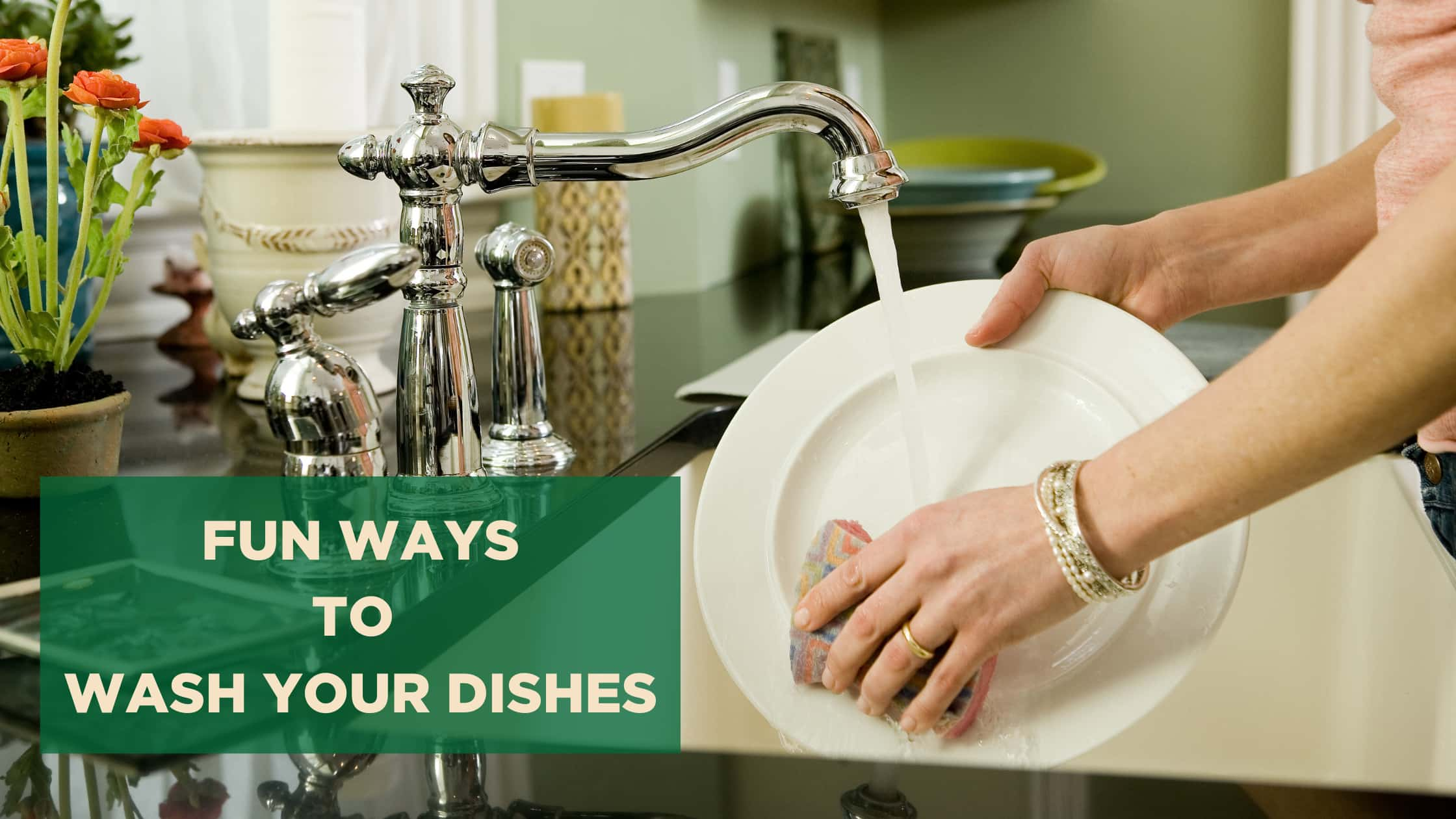
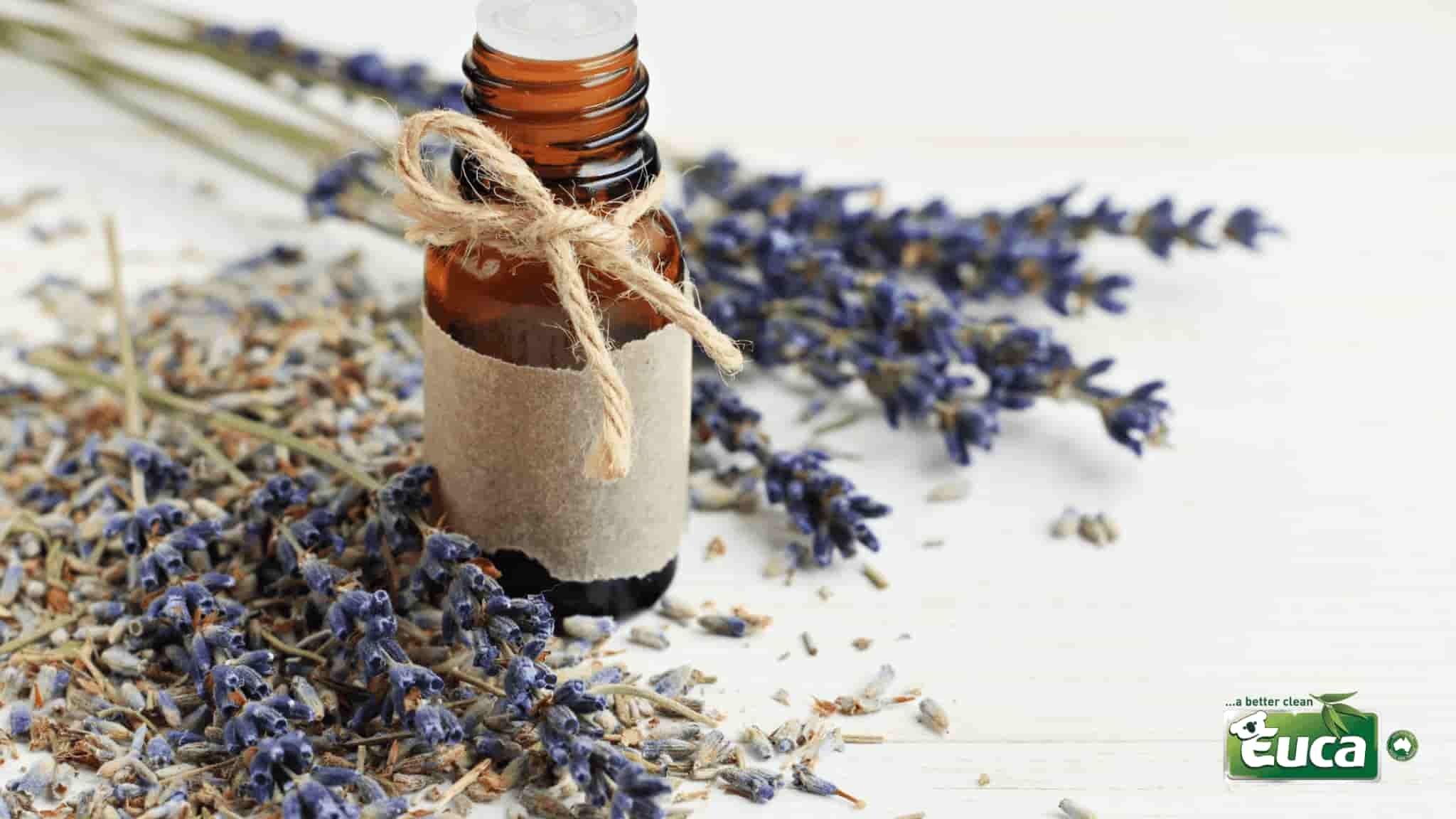
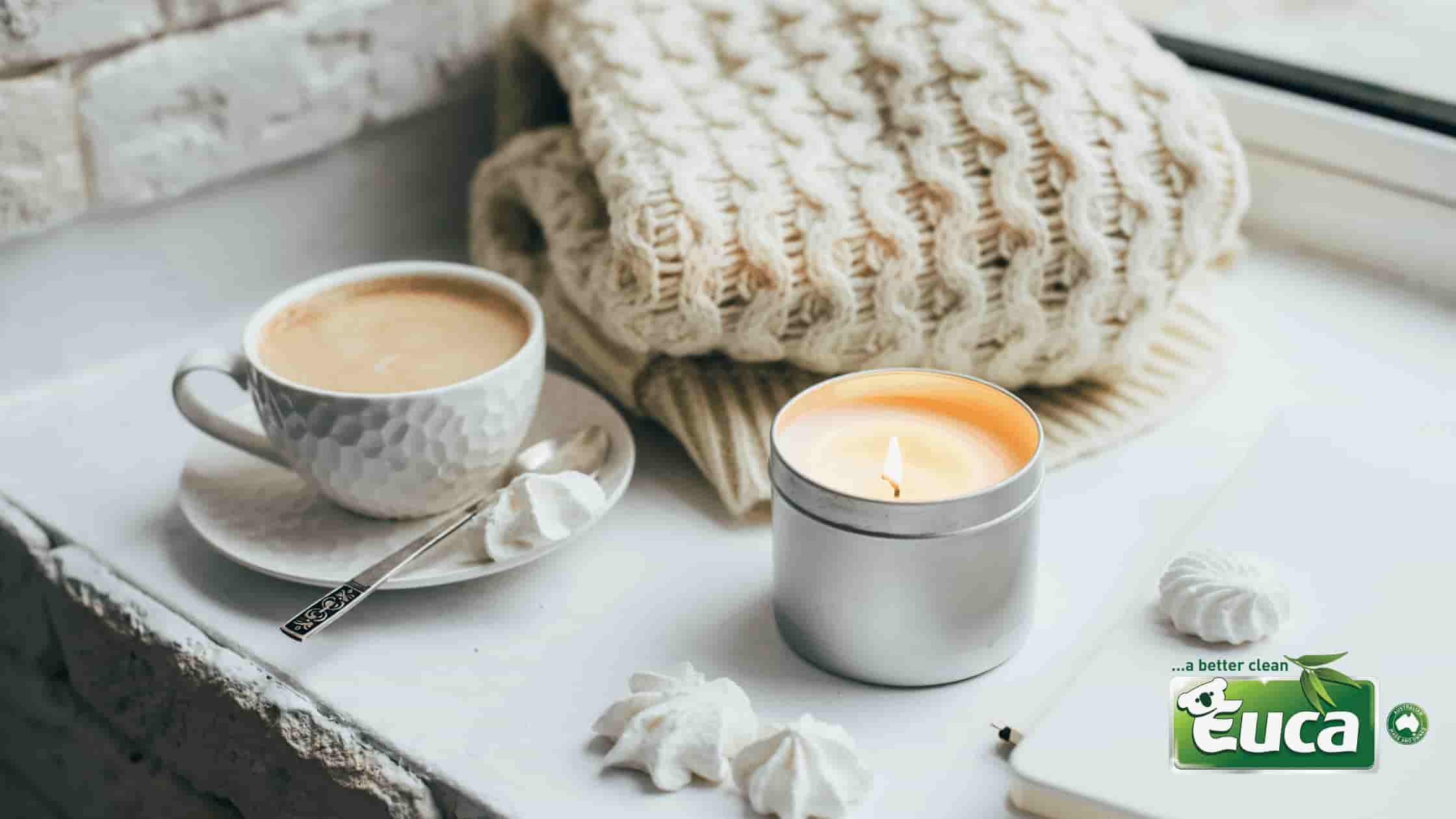
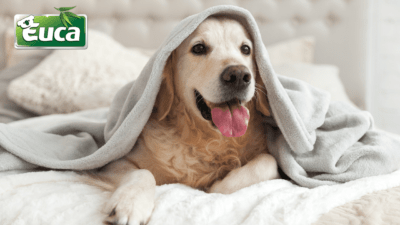














Write a comment